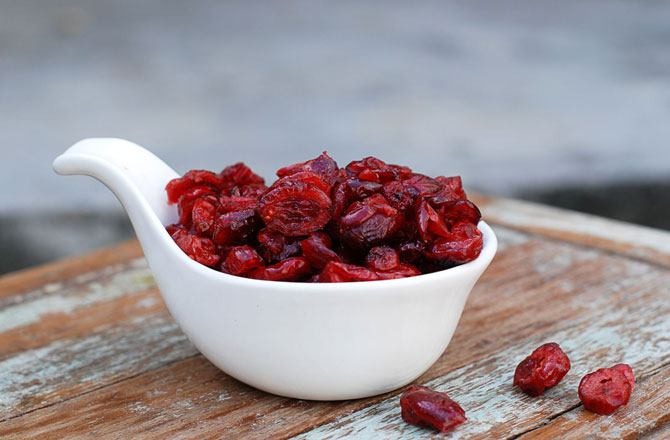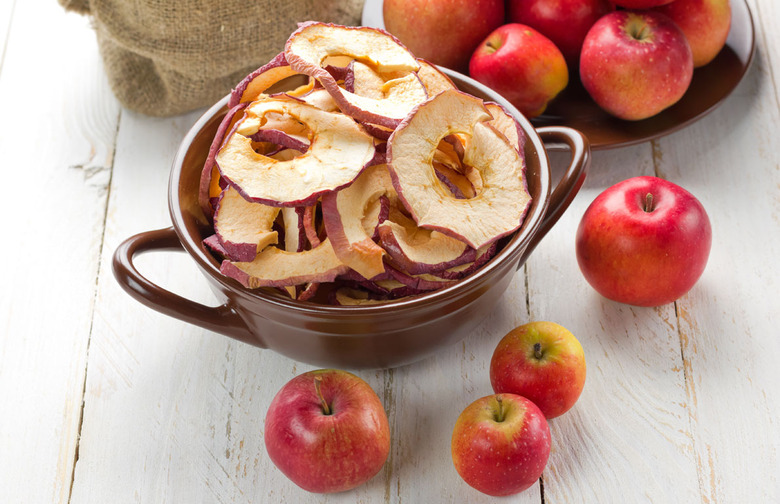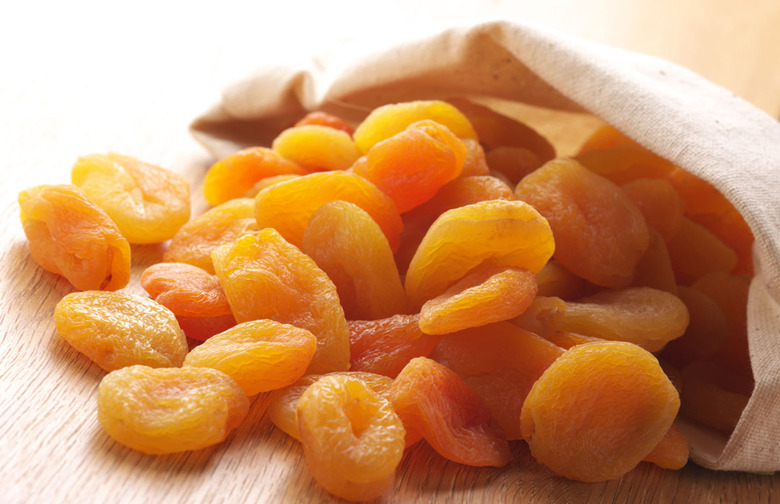Dried Fruits That Aren't As Healthy As You Think
On the surface, fruit, whether fresh or dried, is good for you. And it is, most of the time. In its natural state, dried fruit is a nutrition-dense snack that can help stave off hunger in a healthy way.
Click Here to See Dried Fruits That Aren't As Healthy As You Think (Slideshow)
When fruit is dehydrated, the water is removed, which leaves you with a more nutritious and calorie-dense product by volume. For example, six to eight pounds of fresh cherries make about one pound of dried cherries. This one pound of dried cherries will still have the same nutritional composition (calories, fiber, sugar) of the original six to eight pounds it was created from.
While this can be a great thing (think of all that wonderful fiber!), it's sometimes hard to stop yourself after just a few bites of your healthy snack. Because it's dense in calories and contains lots of fiber, dried fruit will keep you fuller longer, but it may feel like you're eating less than you actually are.
Dried fruit is often preserved using sulfur dioxide. This preservative maintains vitamins A and C but destroys thiamine (vitamin B1), which may improve heart health. A thiamine deficiency may produce depression and anxiety. Also, people with sulfite sensitivities can suffer from allergic reactions if they eat food containing sulfur dioxide.
Fruit contains lots of good-for-you natural sugar, but much store-bought dried fruit contains added salt and sugar, which can turn a healthy snack into dessert. Avoid unnecessary additives by making your own dried fruit in the oven or with a dehydrator, which can be used to make lots of other healthy snacks like fruit rolls. Be vigilant while shopping for your favorite store-bought brands to make sure they're not adding anything that you don't want to be eating.
Unsweetened dried fruit makes for a filling, healthy snack, but be careful of portion size and additives.
Applesdehydrator to dry them out
(Credit: Shutterstock)
Even though apples contain lots of delicious natural sugar on their own, store-bought dried apples often have unnecessary added sugar. Avoid this by making them yourself: Use a mandolin for crispy apple chips or slice a bit thicker for chewy apple rings. Then pop them into the oven or .
Apricots
(Credit: Shutterstock)
Apricots are often preserved with sulfur dioxide to keep them plump and maintain their orange color. Dried apricots should be slightly brown; look for packages that only have one ingredient (apricots!).
Julie Ruggirello is the Recipe Editor at The Daily Meal. Follow her on Twitter @TDMRecipeEditor.


